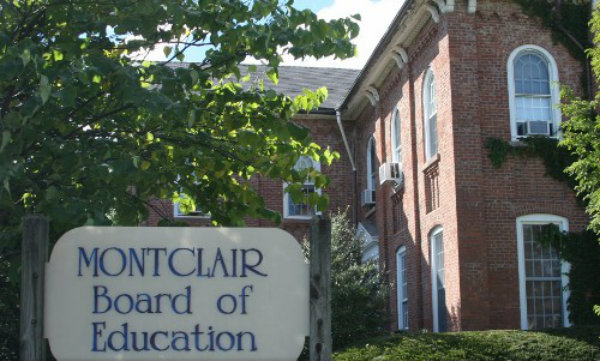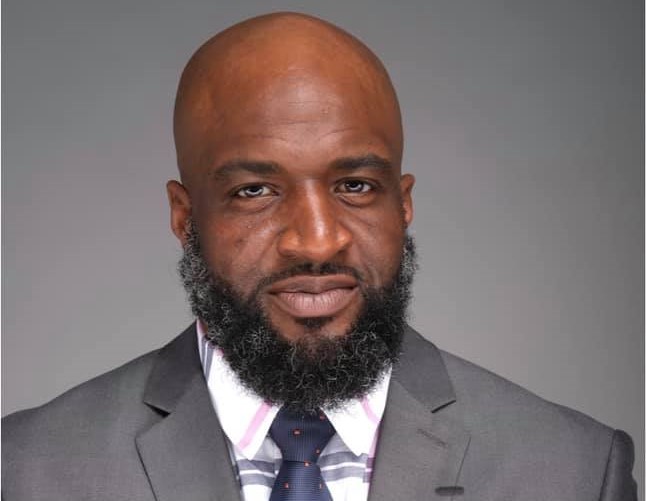
Montclair Students With Autism Started in-Person School on Friday. One Glitch: Teachers Didn’t Show Up.
October 20, 2020
Experts Confirm Newark Is Another Victim of NJ’s Terrible Plan for School Reopenings
October 20, 2020The COVID Pandemic Has Not Changed Some Things: More Shoddy Research From Jersey Jazzman and NJ Policy Perspective
Mark Weber, Ph.D. (a.k.a., Jersey Jazzman), has published an op-ed in NJSpotlight (based on a report he did for New Jersey Policy Perspective [NJPP]) that purports to show that NJ school districts that are all-remote this fall are doing so because they are underfunded, which disproportionately hurts Black and Latino students. As exhaustively documented by Sunlight three previous times, Weber does not produce sound research. Rather, he starts with a desired conclusion and then selectively picks the research to support it. Sometimes he doesn’t even use research, he just makes suppositions. So Sunlight took a look at Weber’s latest work and found that, once again, he is producing shoddy, sub-standard research.
To be clear, Sunlight believes that there may well be a case to be made that underfunding is actually resulting in all-remote instruction, which may well harm Black and Latino students, but Weber does not make that case.
Here are some of the flaws in his argument:
- Weber’s entire thesis is: “differences in schooling [all-remote vs. hybrid] … appear to be driven by differences in funding.” Appear to be? Appearances are the basis for his conclusions? Appearances are not a sound basis for conclusions and do not make for sound research.
- Weber states that “Underfunded schools are more likely to be crowded and to have older, outdated infrastructure, including HVAC systems …,” and that this “may” cause parents to be reluctant to send their children to school. But where is the proof of this? Are these schools actually more crowded and do they actually have outdated infrastructure? Where’s the data? And rather than suppose that these factors “may” affect parents, why not conduct a survey of actual parents in the New Jersey districts with all-remote schooling? (And, no, the 2017 national poll about parents’ beliefs that Weber cites does not justify drawing conclusions about New Jersey parents in 2020).
- As in his previous report, Weber “proves” underfunding by using the School Funding Reform Act (SPRA) funding levels as the benchmark and declaring that any shortfalls are ipso facto underfunding. But as Sunlight pointed out before, instead of using measures that are relative to the SFRA levels, why not use the actual spending levels in poorer districts and compare them to statewide averages? The data is readily available on the Department of Education website. For the record, below are the ACTUAL spending levels for the Abbott districts (which serve as an excellent proxy for poorer districts). So the FACTS are that the Abbott districts spend 17% more per pupil than the state average, with 84% and 87% of these districts spending more than the state average. And that NJ spends about 60% more per pupil than the national average, so we are talking about over $25,000 per student in the Abbott districts. Isn’t it possible that the problem isn’t how much is being spent but rather how it is being spent?

4. Weber likewise states that “A school district that is underfunded is less likely to maintain its facilities properly, and less likely to have enough personnel to offer both in-person and online learning …” Again, where is the proof that this is the case in these districts? And if 85% of Abbott districts are not underfunded, then this supposition is based on a false premise. Again, shoddy research.
5. Weber concludes that the pandemic is revealing an “uncomfortable truth: Too many of New Jersey’s children are attending schools that do not have the resources they need to successfully educate their students” in a pandemic. But how is this a “truth” if Weber has not proven it? It’s an entirely false conclusion based on the research Weber actually did. Again, there may be a case to be made that schools with Black and Latino students do lack the resources to provide a good education during the pandemic, but Weber does not make it.
Weber’s and NJPP’s shoddy research does not help the cause of the Black and Latino students. Sound research might do so – say, about the lack of computers and connectivity for many of these students – but this is not sound research.
(This was first published at Sunlight Policy Center of New Jersey.)




